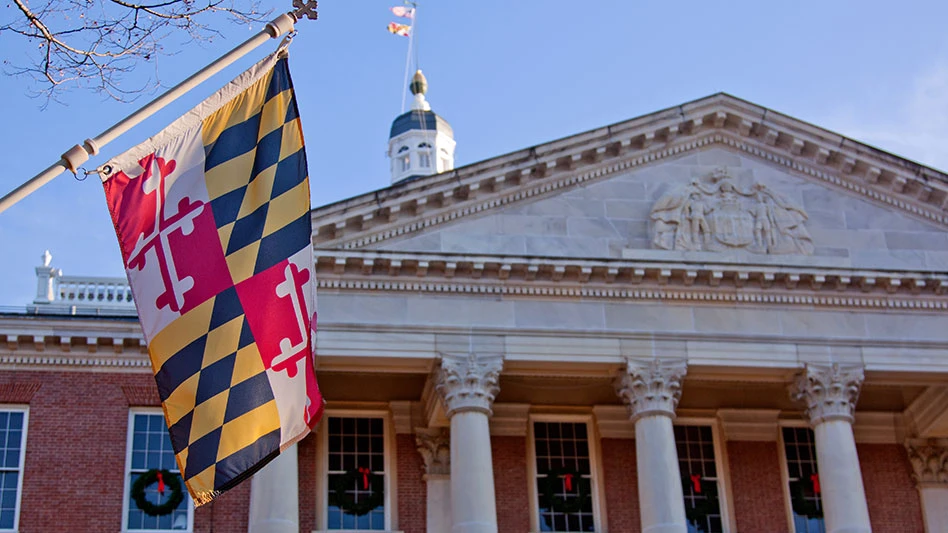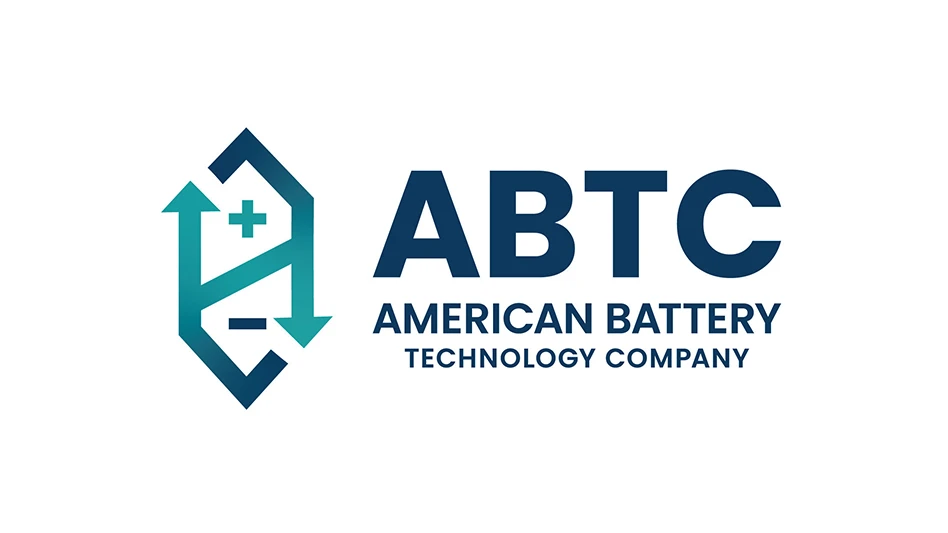
Earlier this year, companies that use rail to transport scrap finally had enough after new demurrage policies resulted in extremely large charges after free time, especially for private cars, essentially disappeared. Many rail scrap shippers began experiencing demurrage charges that were between 600 percent and 1,000 percent greater than in previous years. Shippers of other commodities also experienced similar demurrage charges. These new charges were intended to improve rail service by requiring shippers to load and unload rail cars within the same day. However, for many rail shippers, this schedule is virtually impossible. Rail cars might not arrive on schedule or over weekends when facilities are closed, which exacerbated these charges.
These new charges didn’t sit well with shippers or the Surface Transportation Board (STB), which exercises economic regulatory oversight over rail service in the United States, including adjudicating complaints from rail shippers and railroads alike.
Under the Interstate Commerce Act, the STB has exclusive jurisdiction to resolve rate disputes in instances when railroads have market dominance–when the railroad is charging more than the regulatory floor and the shipper has no effective transportation alternative from other rail carriers or other modes of transportation, such as intermodal, trucks or barges.
The STB questioned the railroads’ policies, holding a series of hearings to get input from rail shippers and railroads alike. It was unusual for rail shippers to publicly speak up as loudly as they did, and the STB took notice.
The railroads stood by their policies, denying that the large demurrage charges were adding significantly to their bottom lines. Meanwhile, Wall Street was rewarding them for this new revenue.
The role of rail
Scrap commodities are integral to manufacturers in the U.S. and throughout the globe. They rely on efficient and reliable rail transportation to get these materials to their facilities all over the country. Manufacturers often save money by incorporating scrap. Using scrap also saves energy, conserves natural resources and protects the environment. For example, replacing virgin ores with ferrous scrap results in an energy savings of approximately 68 percent.
The U.S. scrap recycling industry is highly dependent on rail service to transport material to its facilities and to its customers’ facilities. Many scrap customers not only prefer but require their ferrous scrap to be delivered by rail for logistics and safety reasons. Consider that a gondola rail car is equivalent to five large trucks, which must be equipped with heavy liners to handle ferrous scrap. This need can reduce truck availability. Steel mills and foundries simply cannot have so many vehicles lined up and moving in and around their mills, never mind the increased traffic congestion these additional trucks would create.
Additionally, steel production in the United States has shifted over the past 50-plus years from legendary steel cities, such as Cleveland and Canton, Ohio, and Pittsburgh, to cities in the Carolinas, Texas and Alabama. However, the scrap recycling industry that served those legendary steel cities continues to prosper by using rail service to efficiently deliver their commodities to these new steel cities many hundreds of miles away. This makes efficient and reliable rail service vital to their survival.
Scrap recyclers consider the railroads partners because we need them to move our commodities. We agree that to make the nation’s railroads efficient, demurrage and other incentives need to be employed. We also agree the railroads need to be profitable so they can continue to invest in new rail cars, track and technology to meet the needs of shippers. This symbiotic relationship must be reciprocal.
The impact of PSR
However, this year, most railroads instituted precision scheduled railroading (PSR), leading to significant and sometimes excessive demurrage charges, as noted previously. While demurrage is a legitimate tactic to improve rail efficiency, few rail shippers were spared the drastic increase.
Before PSR, railroads provided several days for shippers to load or unload rail cars. Now, shippers get practically no time to load or unload, resulting in automatic demurrage charges. Additionally, if rail cars arrived on a weekend when a facility was not operating, demurrage charges would begin before operations resumed Monday.
Rail operations cannot always deliver the number of rail cars needed at a manufacturing plant because of many factors, including missed switches or other operational delays.
Before PSR, shippers and railroads agreed that adequate time was necessary to unload or load these additional “bunched” cars. Now, when rail cars are bunched—at no fault of the shipper—demurrage charges immediately begin to accrue.
At other times, demurrage charges have been added when shippers have no options based on historical practices or space limits. For example, a scrap recycling facility that has been in operation for 100 years with property limitations simply cannot expand to hold additional rail cars. However, when a switch is missed or another rail service problem arises, resulting in too many cars arriving days later, the shipper is unfairly charged demurrage.
On the other hand, if the railroad does not return a private rail car on time, no reciprocal charge to the shipper is assessed. Credit days a railroad may provide as a result of operational delays often expire at the end of the month before they can be used toward other demurrage charges. This means shippers get no relief for rail service problems yet get charged for circumstances out of their control.
Other issues concern inaccurate invoices and dispute resolution. Shippers complain that it costs too much to challenge incorrect invoices. As a result, the STB is working to develop a new way for shippers to challenge rates and other charges by making it easier for shippers to bring challenges and have resolution within a shorter time frame.
Seeking suggestions
The STB recently released a set of statements recognizing these complaints and asking for suggestions from shippers and railroads to remedy these problems and get things back on track. Every shipper, including the scrap recycling industry, reiterated that they viewed the railroads as partners, but also stressed that, as partners, the relationship needs to be made more equal.
This situation has festered for many years, and the scrap recycling industry greatly appreciates the leadership of the STB to tackle these issues. We welcome this opportunity to help resolve these long-standing problems by working with the railroads and the STB to find mutually beneficial solutions.

Explore the December 2019 Issue
Check out more from this issue and find your next story to read.
Latest from Recycling Today
- Updated: Matalco to close Canton, Ohio, plant
- Metso launches electric Anode Weighing and Casting Machine
- Circular by Shapiro releases '5 for Five' sustainability series
- Graphic Packaging set to close Ohio CRB facility
- Ameripen voices support for Maryland EPR bill
- Maryland county expands curbside recycling to include electronics
- California EPS ban will be enforced
- YKK AP America introduces BetterBillet





